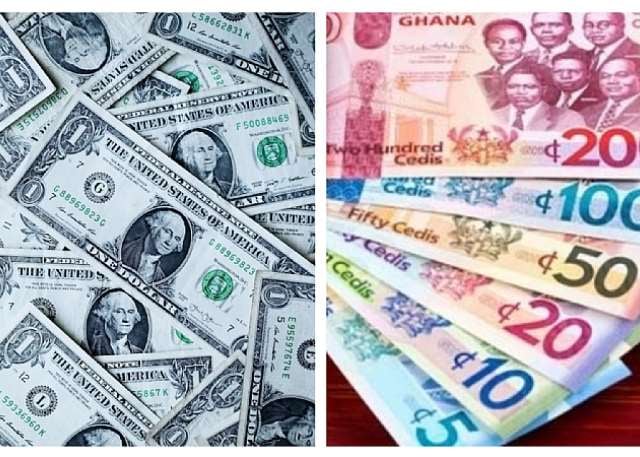The Ghanaian cedi exhibited stability against the US dollar on July 21, 2025, maintaining a consistent value across various exchange platforms. Cedirates.com, a trusted source for currency information in Ghana, reported an average buying rate of GHS10.45 and a selling rate of GHS10.99. This indicates a relatively narrow spread between buying and selling prices, suggesting balanced market dynamics and a lack of significant pressure on the cedi. The stability observed at the official market rate reflects the Bank of Ghana’s ongoing efforts to manage the currency’s value and mitigate volatility.
Forex bureaus, which cater to individual transactions and often reflect market sentiment more directly, offered slightly different rates. The cedi traded at GHS11.75 for dollar purchases and GHS11.95 for dollar sales at these bureaus. The difference between the bureau rates and the official interbank rates reflects the operational costs and profit margins for these businesses. This premium charged by forex bureaus is typical in currency exchange markets and provides an alternative avenue for individuals and businesses to access foreign currencies. The relatively small difference between the official and bureau rates suggests a relatively competitive and efficient foreign exchange market.
The Bank of Ghana’s interbank market, where financial institutions trade currencies, revealed even tighter spreads. The cedi traded at GHS10.42 for buying dollars and GHS10.44 for selling them. This minimal difference signifies the stability and liquidity of the interbank market. The Bank of Ghana’s involvement in this market allows for greater control over currency fluctuations and ensures a stable environment for large financial transactions. This stability in the interbank market plays a crucial role in maintaining macroeconomic stability and facilitating international trade.
The cedi’s performance against other major currencies, namely the British pound and the euro, also exhibited stability. Forex bureaus offered rates of GHS13.89 and GHS14.70 for buying and selling the British pound, respectively. The Bank of Ghana’s interbank rate for the pound was GHS14.02, indicating a relatively small difference compared to the bureau rates. Similarly, the euro traded at GHS12.05 for buying and GHS12.74 for selling at forex bureaus, while the interbank rate stood at GHS12.15. These relatively stable cross-rates against other major currencies further underscore the cedi’s overall stability in the foreign exchange market.
Money transfer operators, including LemFi and Afriex, provided competitive rates for remittances from the US or UK to Ghana. LemFi offered rates of GHS10.35 for the dollar and GHS13.94 for the British pound, while Afriex offered GHS10.41 for the dollar and GHS13.96 for the pound. Afriex also quoted GHS12.07 for the euro, while LemFi offered GHS12.05. These competitive rates from money transfer operators provide favorable options for individuals sending money to Ghana, fostering financial inclusion and facilitating cross-border transactions. The relatively close alignment of these rates with the interbank and bureau rates suggests a healthy level of competition in the remittances market.
For digital subscriptions like Netflix, Spotify, and Apple Music, payments made through Visa and Mastercard were processed at GHS11.24 and GHS11.18, respectively. These rates, although slightly higher than the interbank rates, reflect the fees and charges associated with international card transactions. The relatively small difference between these rates and the overall market rates suggests a reasonable cost for using international payment cards for digital subscriptions. This allows Ghanaian consumers access to global digital services at competitive exchange rates. The stability observed across these various exchange platforms paints a picture of a stable Ghanaian cedi in the foreign exchange market on July 21, 2025. This stability is crucial for economic growth and international trade.














